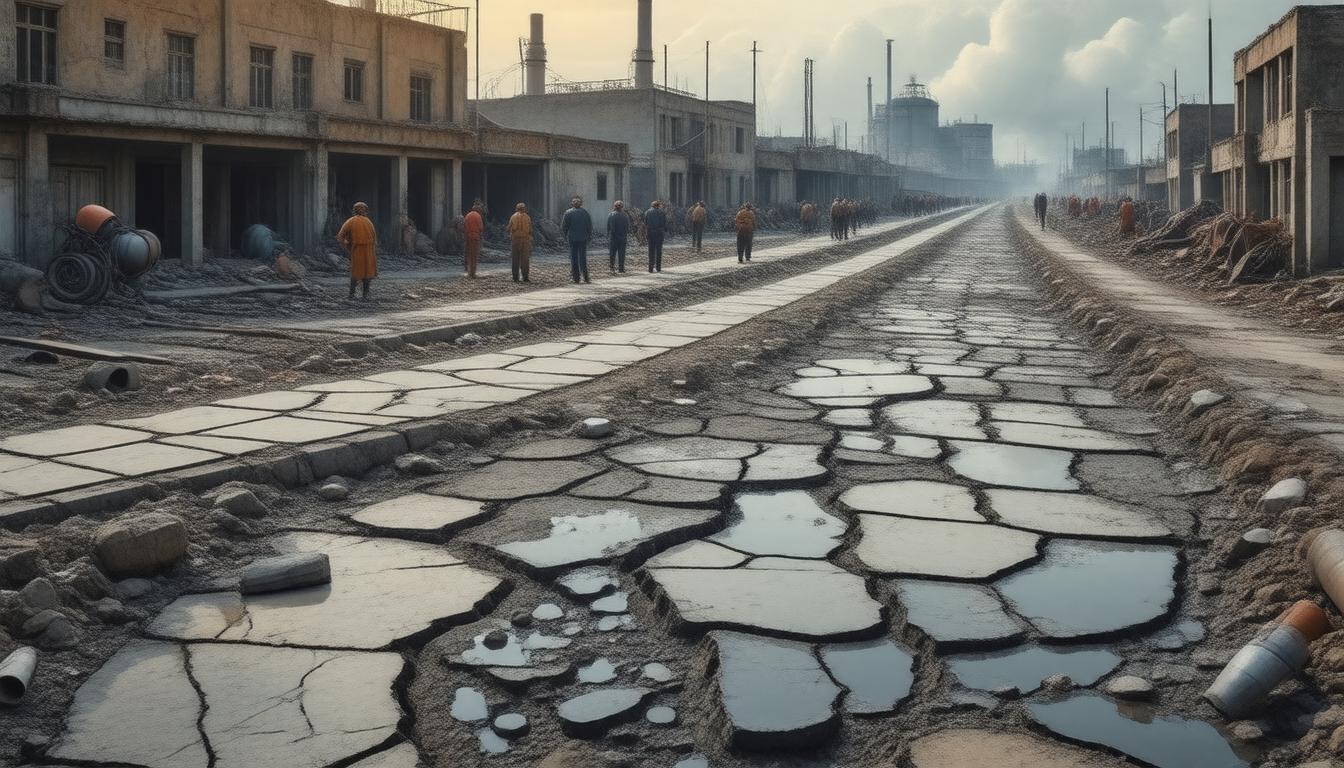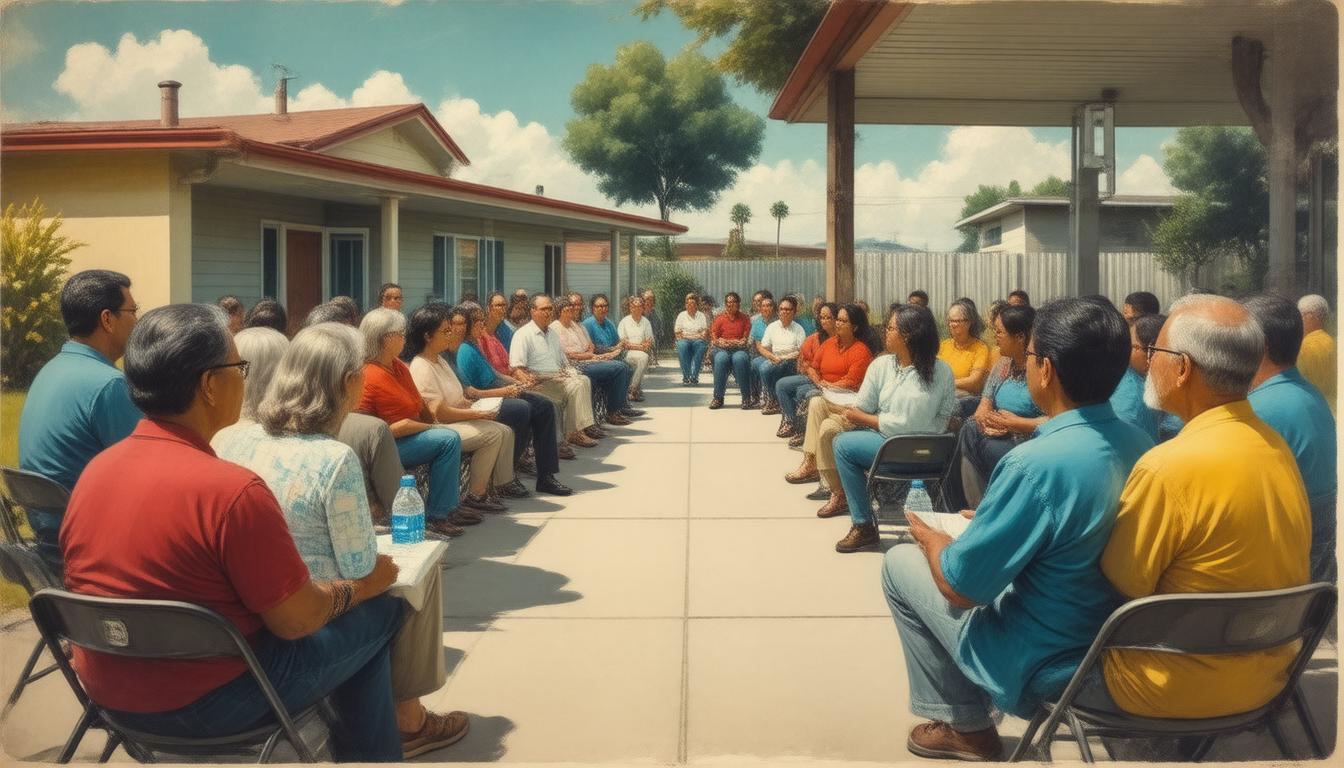

Navigating New York City’s Sewer Permit Process
For property owners and developers in New York City, understanding the intricacies of sewer permits is crucial for any construction or renovation project. The NYC Department of Environmental Protection (DEP) oversees this process, ensuring that all connections to the city’s sewer system are properly authorized and executed. To begin, interested parties should visit the DEP website, where they can access comprehensive information about sewer permits and certifications.
A key component of this process is obtaining a sewer certification, which is mandatory for any new connection to a City sewer, private sewer, private drain, septic system, or approved outlet. This certification serves as an official acknowledgment that the proposed connection meets all necessary requirements and standards. Additionally, a sewer connection permit is required to authorize the actual connection work. This permit is essential for any project that involves linking to the City’s sewer infrastructure.
To facilitate the application process, the DEP provides detailed forms and guidelines in the Water & Sewer Forms section of their website. These resources offer step-by-step instructions and outline all necessary documentation, helping applicants navigate the often complex permit acquisition process with greater ease and clarity.
Professional Involvement and Self-Certification
It’s important to note that sewer certifications must be submitted by New York State licensed Professional Engineers or Registered Architects on behalf of the property owner or developer. This requirement ensures that all proposals are prepared and reviewed by qualified professionals, maintaining high standards of safety and compliance throughout the city’s sewer system.
For eligible projects, the DEP offers a self-certification program, which can significantly expedite the process of obtaining sewer certification. This program allows Professional Engineers or Registered Architects to certify that a project meets all applicable requirements, potentially reducing wait times and streamlining the approval process. However, it’s crucial that all self-certified projects are prepared with the utmost diligence and adherence to regulations.
Additional Permit Requirements and Historical Data
Once the certification process is complete, a Licensed Master Plumber must file a Permit Application to Install Single/Multiple Premise(s) Sewer House Connection(s). This application requires a valid Certification of a Site Connection Proposal or House Connection Proposal, as well as a current New York City Department of Buildings (DOB) work permit. These requirements ensure that all aspects of the project, from planning to execution, are properly documented and approved.
For those interested in historical sewage discharge data, the NY-Alert system provides valuable information on past discharges. This data can be instrumental in making informed decisions about waterbody recreation and understanding the overall health of the city’s water systems. Additionally, for larger projects or those with specific environmental concerns, the New York State Department of Environmental Conservation (DEC) requires SPDES permits for constructing or using outlets that discharge wastewater into surface or ground waters. These permits have distinct requirements for major and minor projects and must be renewed at least 180 days before their expiration date to ensure continuous compliance.







